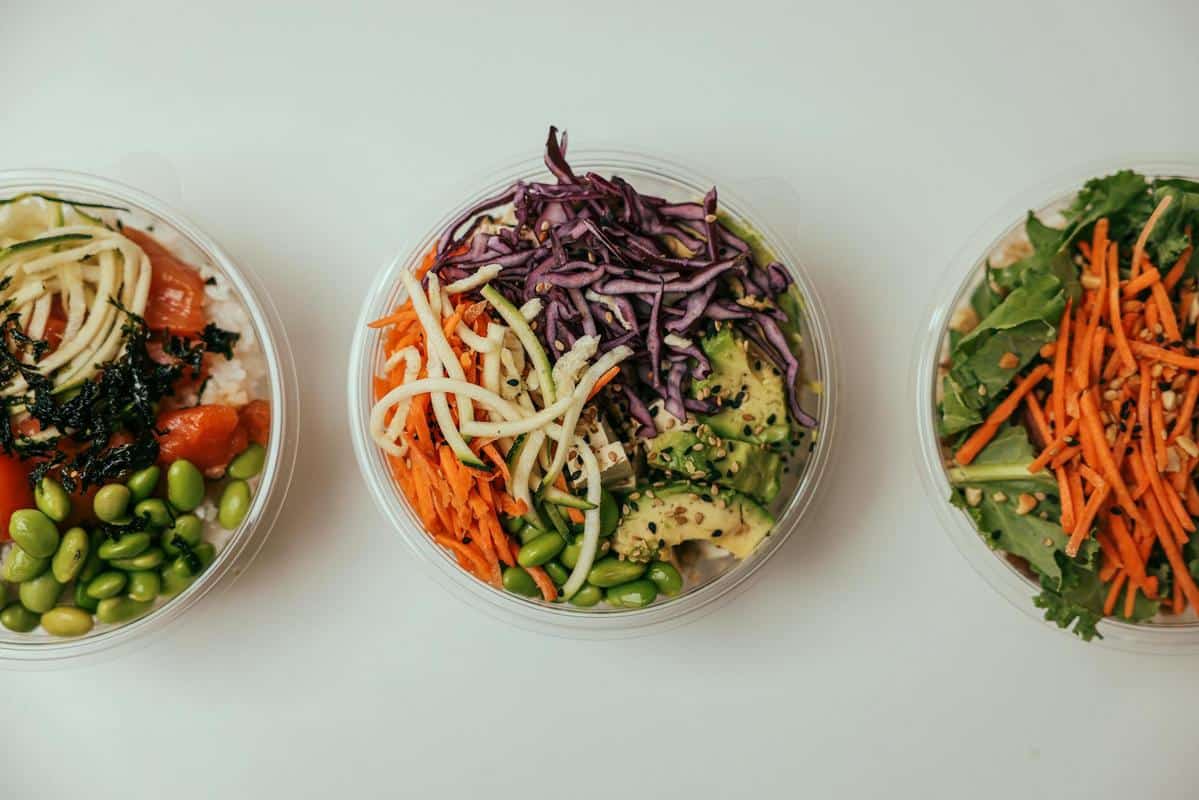
Common Gut Health Myths Debunked
When it comes to gut health, misinformation abounds, leaving many of us uncertain about what truly benefits our digestive system. Understanding the facts is crucial to maintaining a healthy gut and overall well-being.
Common Gut Health Myths Debunked
There are numerous myths surrounding gut health that can cloud our judgment and lead to poor health decisions. This article aims to demystify these misconceptions and provide you with science-backed insights.
Myth 1: All Probiotics Are the Same
It’s a common belief that all probiotics offer the same benefits. However, different strains of probiotics serve different purposes. According to a study published in the Journal of Gastroenterology, some strains are particularly effective for specific conditions like Irritable Bowel Syndrome (IBS), while others may support immune health.
Myth 2: Gut Health Only Affects Digestion
While the gut is central to digestion, its influence extends beyond. Research has shown a strong connection between gut health and mental well-being, often referred to as the gut-brain axis. Dr. Michael Ruscio, an expert in the field, emphasizes that “a healthy gut can significantly impact mood and mental health.”
Myth 3: You Need to Avoid All Carbs for a Healthy Gut
Carbohydrates often get a bad rap, but not all carbs are detrimental. Complex carbohydrates, like whole grains, provide essential nutrients and act as prebiotics, feeding the good bacteria in the gut. A balanced diet inclusive of healthy carbs is vital for gut health.
Incorporate a variety of fiber-rich foods like fruits, vegetables, and whole grains to support your gut microbiota.
Actionable Tips for Better Gut Health
- Diet Diversification: Include a wide range of foods in your diet to promote a diverse gut microbiome.
- Stay Hydrated: Drinking adequate water aids digestion and nutrient absorption.
- Mindful Eating: Chewing food thoroughly can enhance digestive health.
Comparison Table: Probiotics vs. Prebiotics
| Feature | Probiotics | Prebiotics |
|---|---|---|
| Function | Live bacteria beneficial for the gut | Non-digestible food components that feed probiotics |
| Sources | Yogurt, kefir, sauerkraut | Bananas, onions, garlic |
| Role | Restore gut flora balance | Promote growth of beneficial bacteria |
| Use | Often used after antibiotics | Best when included regularly in the diet |
Frequently Asked Questions
What are probiotics?
Probiotics are live microorganisms that can provide health benefits when consumed in adequate amounts.
How can I naturally improve my gut health?
Focus on a balanced diet rich in fiber, stay hydrated, and consider incorporating fermented foods.
Is it necessary to take probiotic supplements?
Not necessarily. Many people can maintain a healthy gut through diet alone.
Conclusion
Debunking common gut health myths can pave the way for a more informed approach to digestive wellness. By understanding the nuances of gut health, you can make better dietary choices that support not only your digestive system but also your overall health. Remember to stay curious and consult healthcare professionals when needed.


